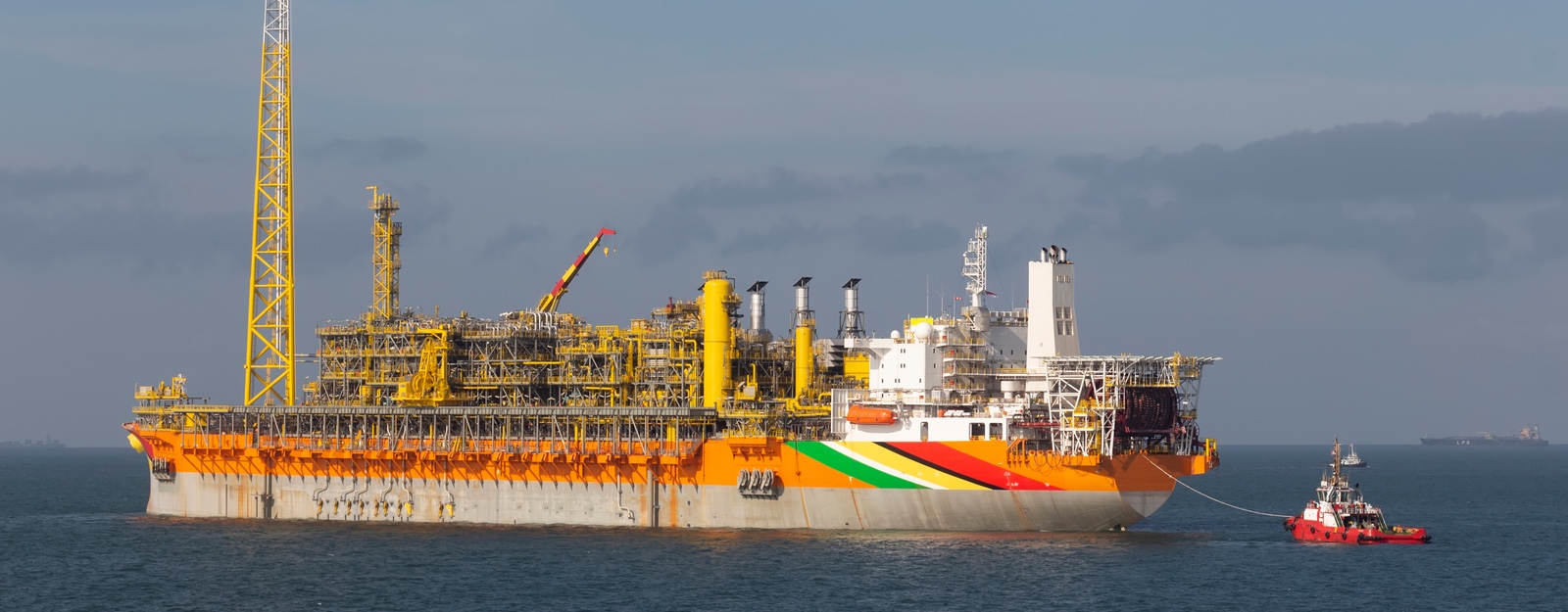Environmental due diligence has always been an important consideration for funders to consider when evaluating an investment decision to participate into a natural resources project. In particular for the offshore oil and gas production sector, environmental impact assessments are inherently embedded within the approval and decision making processes for offshore field development proposals by national regulators.
Funders' environmental due diligence requirements however are changing; this is driven by the ever increasing pressures from governments (from the Paris Agreement to the “net zero" legislation), international institutions, regulators, investors and electorates to accelerate the energy transition in order to mitigate the impacts of climate change. There are growing regulatory requirements from prudential authorities/central banks requesting to “stress test" portfolios from a climate risk perspective; additionally, international financing institutions are developing their own industry led initiatives and frameworks to promote financing policies that are consistent with “Net Zero 2050", such as the UN's Net-Zero Banking Alliance (“UNZBA"), in which MUFG is a recent signatory in order to set a pathway and transition to a net zero world.
MUFG has observed that both the scope and focus of funders' environmental due diligence requirements has changed markedly in the past 12 months, in particular from our own internal requirements and recent experience as environmental due diligence bank in a large Floating, Production, Storage and Offloading (“FPSO") financing.
The purpose of this paper is therefore to address this question and provides MUFG's recent insights and experiences on the ever-evolving environmental due diligence requirements for financing FPSO units.
Download the report now (PDF)




